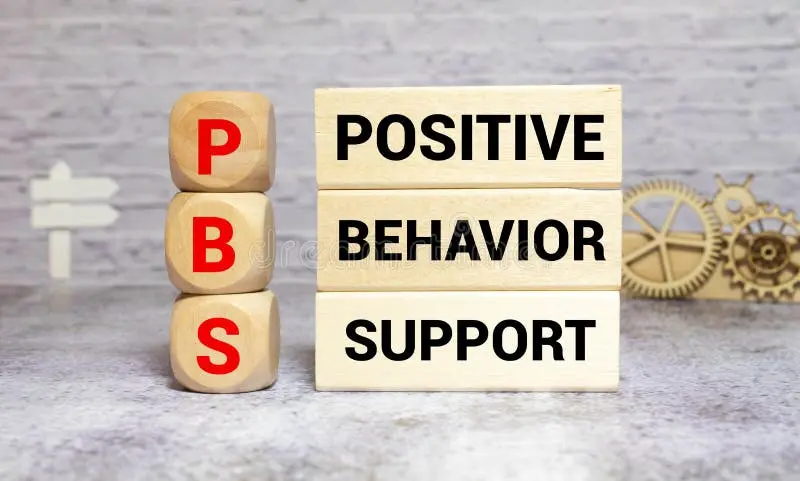Encouraging positive behavior in children is an essential part of their development and growth. One effective way to motivate good behavior is by implementing a reward system. A reward system establishes clear expectations and provides incentives that can help children learn valuable skills and develop self-discipline. In this article, we will outline the steps to set up a reward system for children, ensuring a positive and rewarding experience for both parents and kids alike.
How to Set Up a Reward System for Children

Step 1: Determine Desired Behaviors
The first step in setting up a reward system for children is to identify the behaviors and actions you want to encourage. These may include completing homework on time, helping with household chores, displaying good manners, or achieving specific goals. It is important to choose behaviors that are age-appropriate and align with your child’s abilities and developmental stage.

Step 2: Set Clear Expectations
Once you have identified the desired behaviors, it is crucial to establish clear expectations. Explain to your child what behaviors they should aim for and why these behaviors are important. Ensure instructions are clear, concise, and easy to understand. This clarity will help your child understand the goals they need to achieve to earn rewards.

Step 3: Define Specific Goals and Milestones
Breaking down desired behaviors into specific goals and milestones provides children with a sense of progression and accomplishment. For example, if the desired behavior is completing homework on time, you can set a specific goal of finishing assignments before dinner every night.

Step 4: Decide on Appropriate Rewards
Rewards play a vital role in motivating children to achieve the desired behaviors. When choosing rewards, consider what would be most appealing to your child. Rewards can range from simple tokens, such as stickers or stars on a chart, to more significant incentives like a special outing or small gifts. It is important to align rewards with your child’s interests and preferences to maximize their motivation.

Step 5: Establish a Point or Token System
Implementing a point or token system can be an effective way to track progress and manage rewards. Assign a specific number of points or tokens for each completed behavior or goal, and provide a visual representation of the points earned. This can be a chart or a jar where tokens can be collected. Accumulating points will create a sense of achievement and anticipation for your child.

Step 6: Create a Reward Chart or Calendar
To visually represent your child’s progress and reinforce positive behaviors, create a reward chart or calendar. Write down the desired behaviors on the chart and track your child’s accomplishments. Make sure the reward chart is displayed prominently in a visible location.

Step 7: Celebrate Milestones and Achievements
Acknowledge your child’s efforts by celebrating milestones and achievements along the way. This can be done through verbal praise, high fives, or small rewards. Celebrating their successes will help motivate them to continue exhibiting positive behaviors.

Step 8: Establish Clear Rules and Consistency
To ensure the reward system is effective, it is essential to establish clear rules and guidelines. Make sure your child understands the expectations, the rewards they can earn, and any consequences for not meeting the goals. Consistency is key to the success of the reward system, so be consistent in enforcing the rules and following through with the rewards.

Step 9: Adapt and Adjust as Needed
Every child is unique, and what works for one may not work for another. Monitor the effectiveness of the reward system and be prepared to adapt and adjust as needed. Keep an open line of communication with your child to understand their needs and interests better, making the necessary modifications to keep them engaged and motivated.
Implementing a reward system can be a beneficial tool in fostering positive behavior and personal growth in children. By following the steps outlined above, parents can effectively set up a reward system that encourages and reinforces desired behaviors. Remember, setting clear expectations, choosing appropriate rewards, and maintaining consistency are key elements in creating a rewarding and fulfilling experience for both parents and children.
Hurray, this is just the right information that I needed. You make me want to learn more!